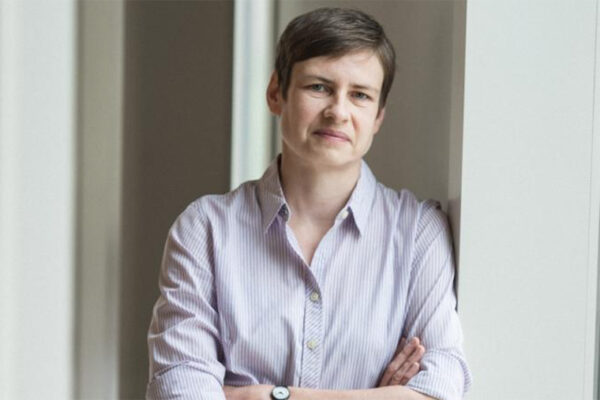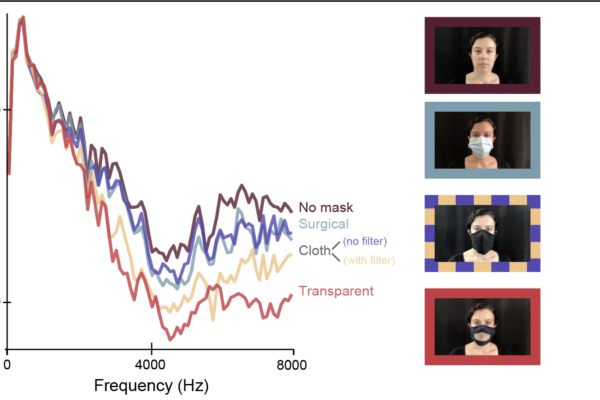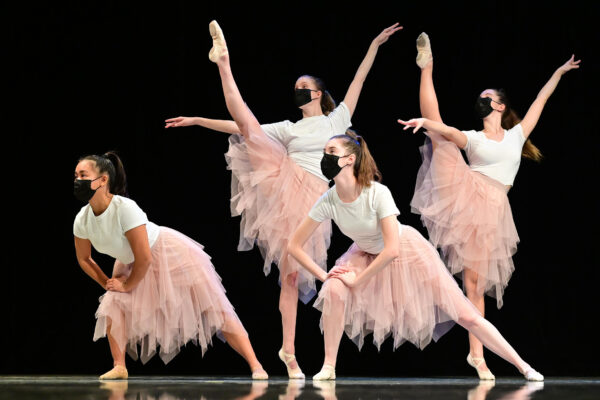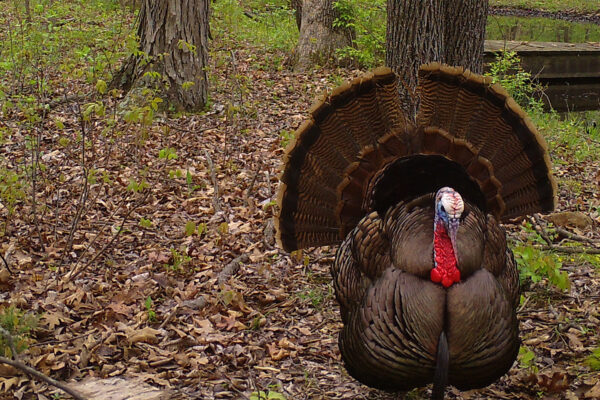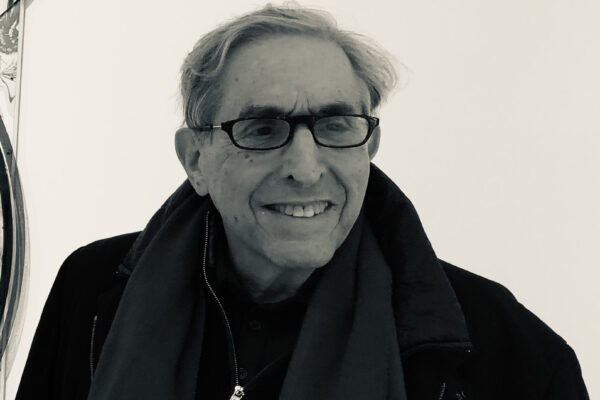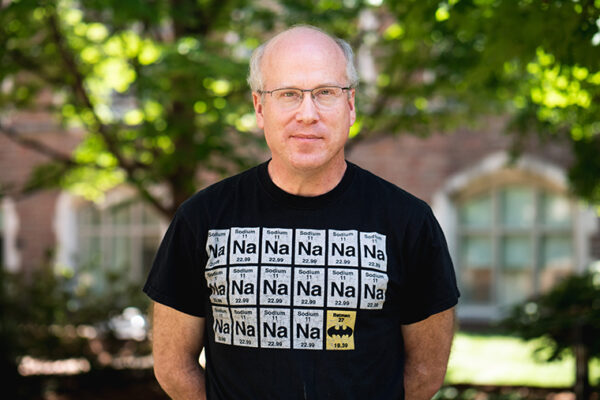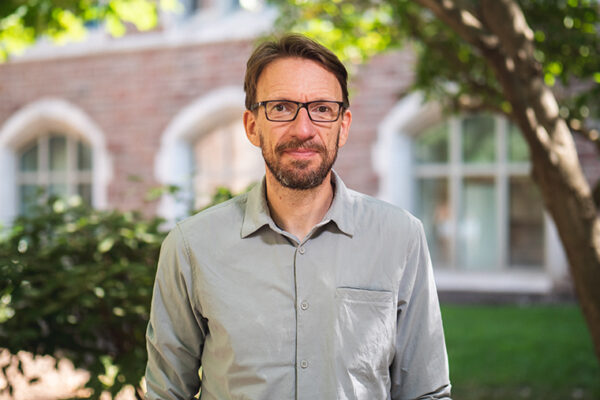Walke speaks at World War II conference
Historian Anika Walke, the Georgie W. Lewis Career Development Professor in Arts & Sciences, participated Nov. 15 in the Blavatnik Archive Foundation’s international virtual conference “Jewish Soldiers & Fighters in WWII.”
Which mask is easier on the ears?
COVID-19 brought masks and with them, a host of questions about how they affect our day-to-day communications, including how well people wearing masks are understood.
‘Return’ to Edison
“Return,” the 2021 WashU Dance Theatre concert and the Performing Arts Department’s first fully staged dance production in nearly two years, will run in Edison Theatre Dec. 3-5.
Undergraduate Antony wins neuroscience award
Irene Antony, a neuroscience major in Arts & Sciences at Washington University in St. Louis, won the Trainee Professional Development Award from the Society for Neuroscience.
Prenatal, early-life influences on child brain development focus of new study
Researchers at Washington University School of Medicine are joining scientists around the country to conduct a study aimed at understanding how prenatal factors and early life experiences influence brain development and behavior in young children.
Wild turkeys among us
Trail cameras have captured 567 pictures of local turkeys as part of the St. Louis Wildlife Project, an effort led by scientists at Tyson Research Center and the University of Health Sciences and Pharmacy in St. Louis.
Mark S. Weil, emeritus professor of art history, 82
Mark S. Weil, the E. Desmond Lee Professor Emeritus for Collaboration in the Arts at Washington University in St. Louis, died at his home in Jamestown, Rhode Island, Nov. 18. He was 82.
Nowak wins grants from NASA, Smithsonian observatory
Michael Nowak, research professor of physics in Arts & Sciences, was awarded grants totaling $75,000 from NASA for various projects. He also received funding from the Smithsonian Astrophysical Observatory.
Graduate students receive NSF grants
Two graduate students working with David Strait, professor of biological anthropology in Arts & Sciences, won doctoral dissertation research grants from the National Science Foundation.
Krawczynski wins grant from Smithsonian Astrophysical Observatory
Henric Krawczynski in Arts & Sciences received a $41,255 award from the Smithsonian Astrophysical Observatory for quasar research.
View More Stories
